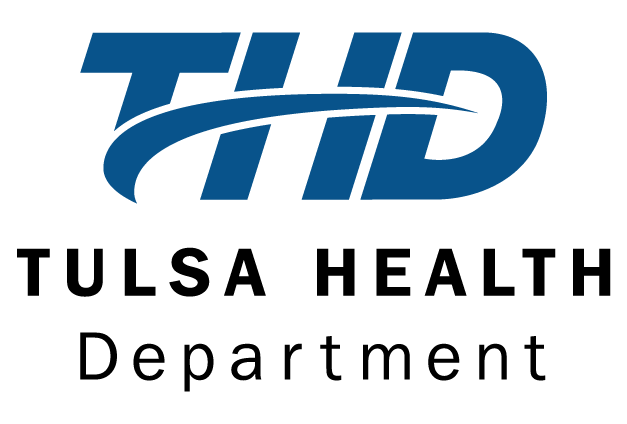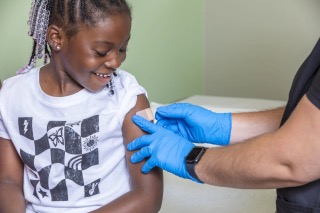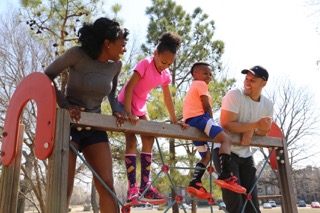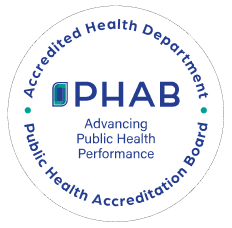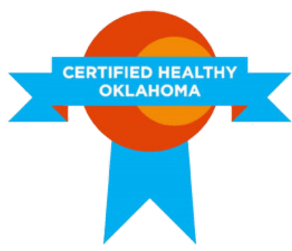Local Faith Leaders Invited to Attend Training Workshop
TULSA, OK – [Jan. 26, 2015] – The Tulsa Health Department in partnership with Oklahoma Department of Mental Health and Substance Abuse Services (ODMHSAS) and Faith Partners, Inc. invites local faith leaders from all faith traditions to attend the Faith Partners Team Training workshop on Friday, Jan. 30, from 1 p.m. to 8 p.m. and Saturday, Jan. 31, from 8:30 a.m. to 4:30 p.m. at First Presbyterian Church, 709 S. Boston Ave. There is no cost to attend.
The goal of the workshop is to equip team members with the information, skills and resources to initiate, plan and implement a substance abuse ministry in their congregation. In the training, teams are guided in identifying their mission and setting realistic goals for their first year of ministry.
“Tulsa County has more prescription overdose deaths than any county in Oklahoma. Unfortunately, stigma tends to keep the subject in the closet until a crisis occurs,” said Marianne Long, Tulsa Health Department’s substance abuse program manager. “Religion and spirituality are important components of prevention, treatment and successful recovery from substance abuse for many individuals.”
The Oklahoma Department of Mental Health and Substance Abuse Services (ODMHSAS), which provides funding to the Tulsa Health Department’s substance abuse program, recognizes that Oklahomans have one of the highest reported rates of faith institution engagement in the country. Faith communities are a powerful venue to inform, organize, and involve Oklahomans in prevention and recovery efforts.
ODMHSAS recently partnered with Faith Partners, Inc. and local congregations to develop and implement an informed, sustainable spiritual response to substance use problems. Faith Partners, Inc. was founded in 1995 by national religious leaders seeking ways to mobilize the resources of the faith community to address substance abuse issues. The partnership is the first statewide project of its kind to engage and equip the faith community.
“The faith community is often the principal supporter of healthy decision-making,” said Long. “We hope our leaders walk away from this workshop with tools to implement a substance abuse ministry in their congregation.”
Faith Partners will provide a four-step process to start an effective, sustainable ministry and service to address the needs of the whole congregation.
It is recommended that three to ten individuals from a congregation attend. For more information or to register for this free event contact Kathryn Rodriguez at krodriguez@tulsa-health.org.
Tulsa Health Department Substance Abuse Program
The Tulsa Health Department’s substance abuse program is funded through a Strategic Prevention Framework State Incentive Grant (SPF SIG) which supports an array of activities that build a solid foundation for delivering and sustaining effective substance abuse and/or mental health services. This program works to prevent the onset and reduce the progression of substance abuse, including childhood and underage drinking, reduce substance abuse related problems in communities, and build prevention capacity and infrastructure at the state, tribal and community levels. The program is funded by Oklahoma Department of Mental Health and Substance Abuse Services, Substance Abuse and Mental Health Services Administration, and the Center for Substance Abuse Prevention. For more information, please visit www.tulsa-health.org.
Faith Partners
Faith Partners, a non-profit 501c3, was founded in 1995 by religious leaders seeking ways to mobilize faith communities’ resources to address alcohol and drug issues. In 2004, after years of development, Faith Partners congregational team approach was elevated to a national audience with a five year collaboration with the Johnson Institute. A national religious leaders’ summit and major outreach efforts marked this time together with the endorsement of the United Methodist Church and the Presbyterian Church USA. Today the Faith Partners Congregational Team Model is used in hundreds of congregations in twenty-three states with nineteen different faith traditions. For more information, please visit www.faith-partners.org.
